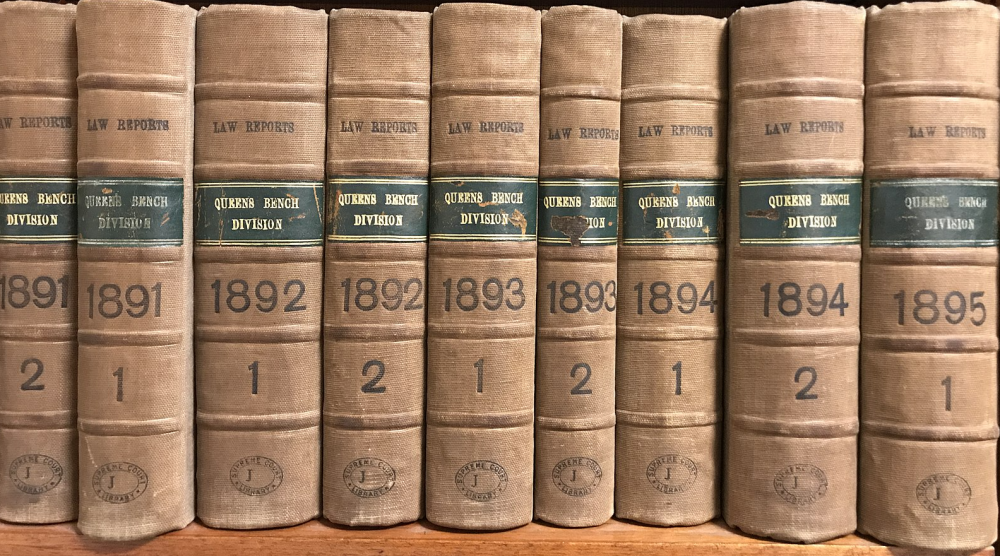Central London Property Trust Ltd v High Trees House Ltd
|
The Jolly Contrarian Law Reports
Our own, snippy, in-house court reporting service.
|
Lord Denning’s famous High Trees case, reinvigorating the old doctrine of Promissory Estoppel first articulated in way back in the day by Lord Lance Cairns<ref>Not really Lance Cairns. Just Lord Cairns. No relation, though by some spooky irony he did play with a shoulderless bat and knocked towering sixes out of the park.<ref> Hughes v Metropolitan Railway.
Facts
High Trees leased flats in Clapham from CLPT in 1937. The annual ground rent was £2,500. When war broke out in 1939 the rental market collapsed and High Trees couldn’t find tenants. In January 1940 it asked CLPT to lower the rent. CLPT agreed, in writing, to halve the annual rent but the agreement didn’t specify a duration, and High Trees gave no consideration for the agreement.
At the end of the war, with the building back to near-full occupancy, CLPT gave notice that the rent was going back up to £2,500 — fair enough, you’d think — and claimed arrears of £7,916 for previous five years — total dick move, right?.
Enter people’s hero Lord Denning, who quite correctly, was having none of this. Note that the actual action was a test case only seeking rent for periods in 19145, so technically the rent from 1940 wasn’t at issue, so the statements the Master of the Rolls made were obiter dicta — not binding statements of the common law. But they were influential all the same, and persuaded CLPT not to waste its time and money pursuing the back rent.
